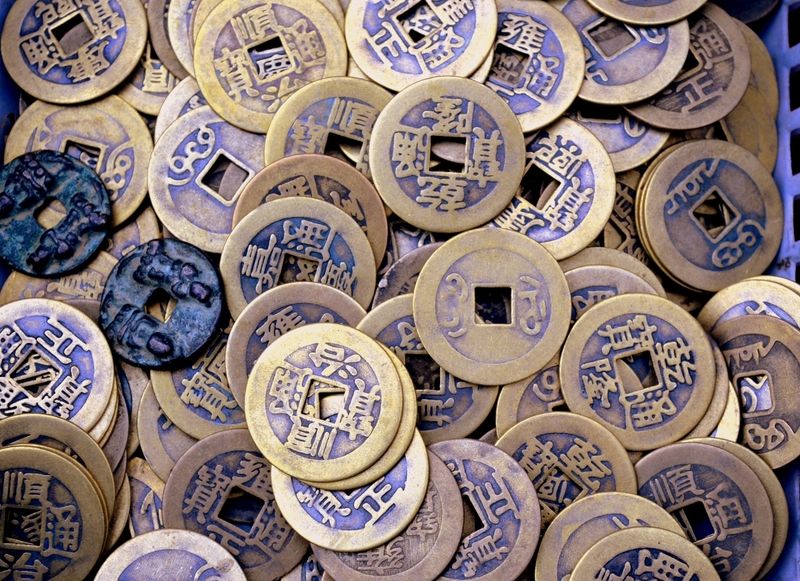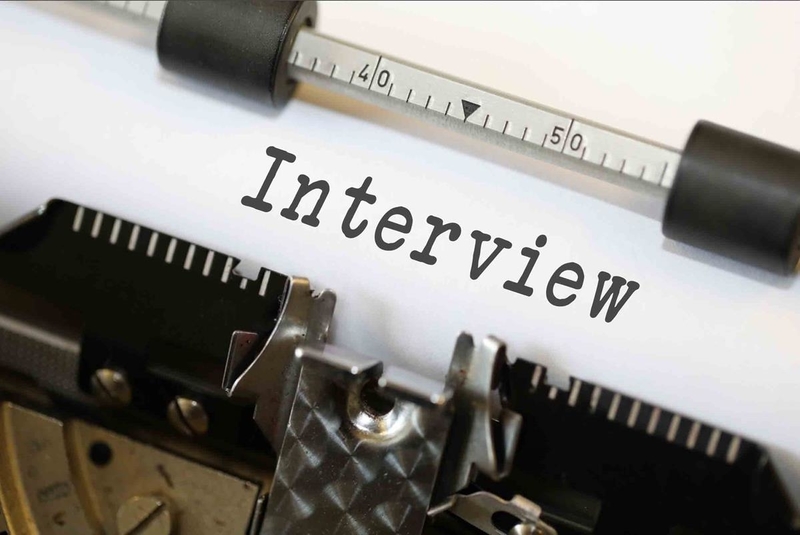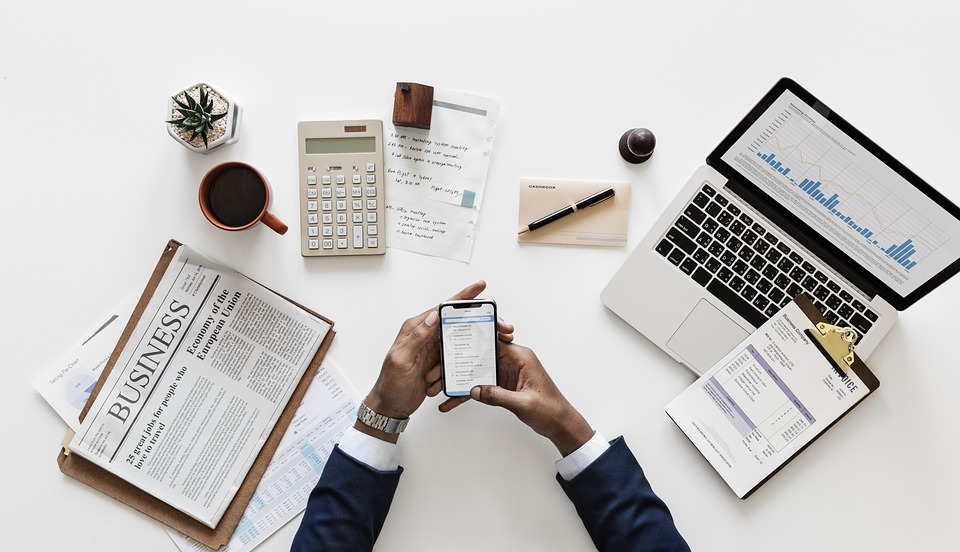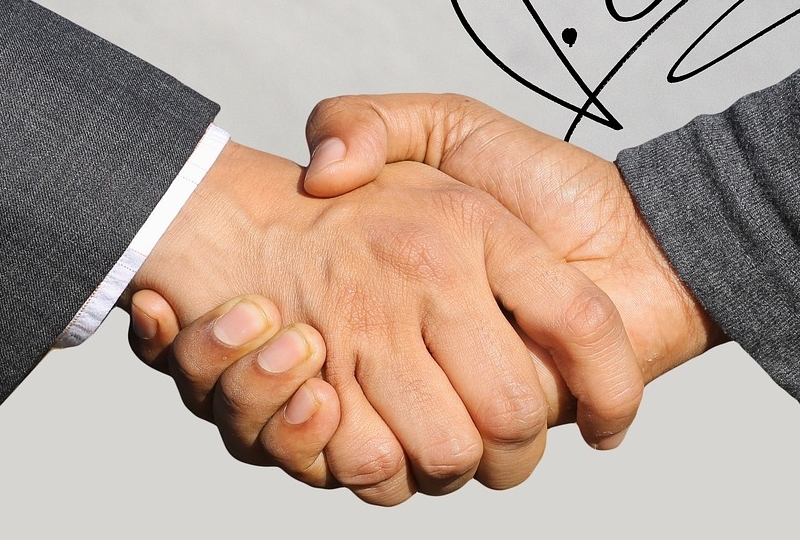The Most Important Business Phrases You Need to Learn in Mandarin Chinese

Assuming that you aren't a beginner at learning Chinese and you want to take your career further by doing business in China, here are some important business phrases and words you need to learn in Mandarin Chinese.
Why is it Necessary to Learn Chinese When Doing Business in China?
Chinese-speaking individuals make up more than one-fifth of the world's population. Therefore, Chinese has taken a considerable presence in the business world. If you've been part of a Chinese business transaction, you'll know that it's challenging to communicate effectively without a translator.
You need to be able to communicate with your business partners to create report and trust. Being able to have an understanding of Chinese culture and will help you with future deals.
When you start learning Chinese, you'll discover that offline translators sometimes get it wrong and Chinese to English direct translation can be incorrect. Not knowing the true meaning of your Chinese business words will influence your business negatively as you might be signing up for something that was completely misunderstood and lost in translation.
So if you're planning on doing well in business in China, you better start learning Chinese.
To get you started, please find a full list of Chinese words and phrases you can add to your Chinese business vocabulary.

Interviews
Before we get into the actual Chinese words and phrases, it's important to note that Chinese business owners and employers really value punctuality and professionalism. So don't be late, dress the part, and be professional. Big corporations will notice whether you are able to fit into the company's culture or not. It's important that you are able to adapt to Chinese customs and can demonstrate cultural awareness.
China has this important phrase that they live and do business by - "To keep face". It basically means that you shouldn't lose your cool or showcase something unprofessional and unhinged. Here's a great extra on how to Ace a job interview with a Chinese owned company.
Introducing Yourself
早上好 (zǎo shàng hǎo) — Good morning
下午好 (xià wǔ hǎo) — Good afternoon
我的名字是... (wǒ de míng zì shì…) — My name is…
很高兴认识您 (Hěn gāoxìng rènshi nín) — I am very glad to meet you
先生 (xiānsheng) - sir
女士 (nǚshì) - ma'am
Talking About Past Experience
我毕业于… (wǒ bì yè yú…) — I graduated from…
大学毕业以后 (dàxué bìyè yǐhòu) - After graduating from University…
积累了很多...方面的经验 (jīlěile hěnduō ... fāngmiàn de jīngyàn) - Gained a lot of experiences in the area of ...
Common Questions From the Interviewer
你为什么离开上一家公司?(nǐ wéi shén me lí kāi shàng yī jiā gōng sī?) - Why did you leave your last company?
你对薪水的要求是什么?(nǐ duì xīn shuǐ de yào qiú shì shén me?)- What are your salary requirements?
你认为什么是你的优点和缺点?(Nǐ rènwéi shénme shì nǐ de yōudiǎn hé quēdiǎn?) - What do you consider to be your strengths and weaknesses?
你有任何问题问我吗?(Nǐ yǒu rènhé wèntí wèn wǒ ma?) - Do you have any questions for me?

Occupational Vocabulary
How Do You Address Different Positions at Work?
Do you address your boss by their name? Or is there a specific and more respectful way of addressing them?
Titles are critical in China, and it's vital that you address everyone according to their titles and positions within the company. Some employers don't mind you addressing them by their name (whether it's English or Chinese). Instead, make sure to check yourself before you sound disrespectful or unprofessional.
我应该怎么称呼你? (Wǒ yīnggāi zěnme chēnghu nǐ?) - How may I address you?
先生 (Xiānshēng) - Mr./Sir
小姐 (Xiǎojiě) - Miss
女士 (Nǚshi) - Ma'am
你做什么工作? (nǐ zuò shén me gōng zuò?) What’s your job?
我是 (wǒ shì) I'm a...
Job Titles
老板 (lǎo bǎn) - Boss
首席执行官(shǒuxí zhíxíngguān) - CEO
董事 (dǒngshì) - Board director
总裁 (zǒngcái) - President
执行副总裁 (zhíxíng fùzǒngcái) - Executive Vice President
经理 (jīnglǐ) - Manager
总经理 (zǒngjīnglǐ) - General Manager
项目经理 (Xiàngmùjīnglǐ) - Project Manager
主管 (zhǔguǎn) - Director
接待员 (jiēdàiyuán) - Receptionist
厂家 (chǎngjiā) - Manufacturer
供应商 (gōngyìngshāng) - Supplier
采购商 (cǎigòushāng) - Buyer
投资者 (tóuzīzhě) - Investor
分销商 (fēnxiāoshāng) - Distributor
顾问 (gùwèn) - Consultant
Departments
信息技术 (Xìnxī jìshù) - IT (Information Technology)
管理 (Guǎnlǐ) - Administration
营销部门 (Yíngxiāo bùmén) - Marketing – Sales Department
人力资源部门 (Rénlì zīyuán bùmén) - Human Resources Department
会计 (Kuàijì) - Accounting
前台 (Qiántái) - Reception

Work Locations
Memorize the following work locations to avoid sending someone to the wrong place:
办公室 (Bàngōngshì) - Office
总公司 (Zǒng gōngsī) - Head Office
会议室 (Huìyì shì) - Conference room
厂 (Chǎng) - Factory
At Work
Learn the correct Chinese names for different office tools and equipment:
打印机 (Dǎyìnjī) - Printer
打印机工作吗?(Dǎyìnjī gōngzuò ma?) Is the printer working?
复印机 (Fùyìnjī) - Photocopying machine
电话 (Diànhuà) - Telephone
文件 (Wénjiàn) - File/Document
无线在线 (Wúxiàn zàixiàn) - WiFi

Contracts and Negotiations
Most business contracts with China is written in both English and Mandarin. Usually there's a section which states that when there are any legal problems or disputes, that all should refer to the Chinese written contract and not the English. All the more necessary for you to start learning Chinese.
请在这里和这里签名。我们都保留一份正本和两份副本 (Qǐng zài zhèlǐ hé zhèlǐ qiānmíng. Wǒmen dōu bǎoliú yī fèn zhèngběn hé liǎng fèn fùběn) - Please sign here and here. We all keep one original and two copies.
关于……,我觉得不太乐观 (guān yú…, wǒ jué de bú tài lè guān) - I don't feel too optimistic about...
我会很感激你如果可以… (wǒ huì hěn gǎn jī nǐ rú guǒ kě yǐ…) - I would appreciate it if you'd consider...
难道就没有可能再多打一些折扣了吗? (nán dào jiù méi yǒu kě néng zài duō dǎ yī xiē zhé kòu le ma?) - Isn't it possible to give us a little more discount?
祝我们合作愉快!(Zhù wǒmen hézuò yúkuài!) - Wish us a pleasant cooperation.
For more information on Chinese Laws have a look at Harris & Bricken's blog about dual language contracts and other important information when doing business in China

Phrases
When addressing a new client or employer, instead of addressing them as 你(nǐ), you should rather use 您(nín). This shows more respect.
A formal greeting 幸会,幸会! (Xìng huì, xìng huì!) - Very pleased to meet you!
China is all about loyal cooperation, so ending a meeting with the following phrase will help you build report:
希望我们合作愉快!(Xī wàng wǒ men hé zuò yú kuài!) - Hope our cooperation will be happy
or
很高兴能有机会和您们 ( it’s correct to use 你们 when it is plural form)合作 (Hěn gāo xìng néng yǒu jī huì hé ní men hé zuò。) - Very pleased to have the opportunity to cooperate with you.
The top 100 Common business phrases will give you extra and more detailed examples of most commonly used business phrases.
Obviously, there are more words and phrases that you will learn as you go along, but having a basis of some of the important stuff, you won't have to Wǒ bù zhīdào your way through important business deals and meetings.
